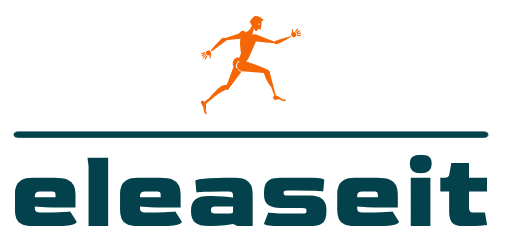
Nurturing Companionship: Essential Equestrian Horse Care Practices
Caring for horses is a rewarding responsibility that goes beyond providing food and shelter. Equestrian horse care involves a holistic approach to ensure the well-being, health, and happiness of these magnificent animals.
Stable Management: Creating a Comfortable Environment
Stable management is a foundational aspect of equestrian horse care. Properly designed and maintained stables provide horses with a comfortable and safe environment. Adequate ventilation, clean bedding, and well-organized spaces contribute to the physical and mental well-being of the horse.
Nutritional Needs: Crafting a Balanced Diet
Understanding the nutritional needs of horses is essential for their overall health. A well-balanced diet, tailored to individual requirements, supports proper growth, muscle development, and energy levels. Regular access to fresh, clean water is equally crucial for hydration and digestion.
Grooming Rituals: Strengthening the Bond
Grooming is more than a cosmetic practice; it’s a bonding experience between rider and horse. Regular grooming sessions not only keep the horse’s coat clean and healthy but also allow for the detection of any skin issues or abnormalities. Brushing, mane and tail care, and hoof maintenance are integral parts of equestrian horse care.
Health Monitoring: Vigilance for Early Detection
Vigilant health monitoring is key to preventing and addressing potential issues promptly. Regular veterinary check-ups, vaccinations, and dental care are essential components of equestrian horse care. Observing the horse’s behavior, checking for signs of lameness, and monitoring weight are crucial for early detection of health concerns.
Exercise and Mental Stimulation: Promoting Well-Rounded Health
Beyond physical health, equestrian horse care includes mental and emotional well-being. Regular exercise and mental stimulation through activities such as turnout, riding, or engaging in natural behaviors contribute to a well-rounded and happy horse.
Hoof Care: The Foundation of Sound Health
Hoof care is a fundamental aspect of equestrian horse care. Regular hoof trimming, proper shoeing, and addressing any signs of lameness or discomfort are crucial for maintaining sound hoof health. A healthy foundation ensures the horse’s overall stability and comfort.
Parasite Control: Preventing Infestations
Effective parasite control is necessary to prevent infestations that can adversely affect a horse’s health. Routine deworming, maintaining clean living conditions, and rotational grazing practices contribute to minimizing the risk of internal and external parasites.
Social Interaction: Recognizing the Herd Instinct
Horses are social animals with a strong herd instinct. Equestrian horse care involves providing opportunities for social interaction, whether through turnout with compatible companions or in a stable environment where horses can see and interact with each other.
Emergency Preparedness: A Vital Aspect of Care
Being prepared for emergencies is a crucial component of equestrian horse care. Equipping the stable with a well-stocked first aid kit, having a comprehensive emergency plan, and knowing the basics of equine first aid contribute to a swift and effective response in case of unexpected situations.
Continuous Education: Evolving in Horse Care Practices
Equestrian horse care is an evolving field, and staying informed about the latest practices is vital. Continuous education for horse owners and caretakers ensures that they are equipped with the knowledge to provide the best possible care for their equine companions.
Explore Comprehensive Guidance: Equestrian Horse Care
To delve deeper into the realm of equestrian horse care and access comprehensive guidance, visit Equestrian Horse Care. This valuable resource offers insights, tips, and expert advice to empower horse owners and enthusiasts in providing optimal care for their equine partners. Explore the guide and enhance your approach to nurturing the companionship with these majestic animals.




